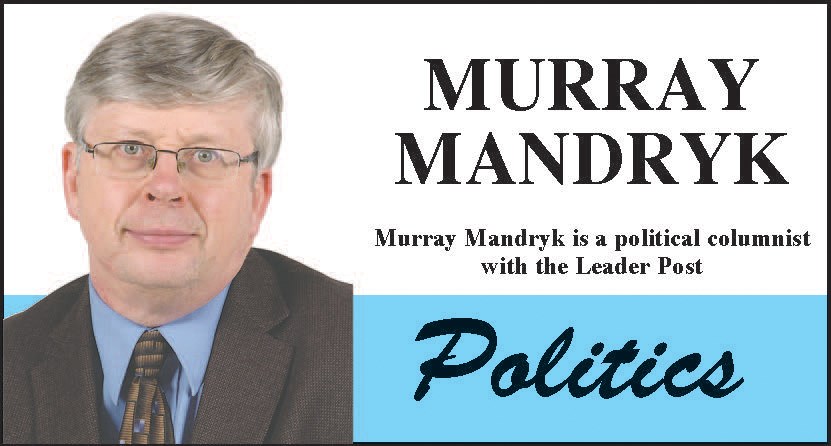The Saskatchewan Legislature is sitting again and one wouldn’t necessarily think the politicians returning to the place where they’re the most political would be welcomed.
But after a federal election that produced maddening results for Westerners and a whole lot of uncertainty about what lies ahead, it turns out that an upbeat Speech from the Throne is exactly what we needed.
The Saskatchewan Party government’s new plan contained a call for 200,000 more people and 100,000 more jobs by 2030 — aggressive goals that will be tough to attain.
It took Saskatchewan 19 years — from 2000 until now — to create the last 100,000 jobs added to our workforce.
That period included the boom between 2007 and 2011, which is rather telling. While are always years when we add 10,000+ jobs to the work force, there are also bust years when we lose jobs. It’s always two steps forward, one step back.
Similarly, adding another 225,538 people to Saskatchewan to get to 1.4 million (we are now at 1,174,462 people) by 2030 will be exceedingly tough.
Yes, the province did meet the Sask. Party’s initial 2007 goal of growing the province by 100,000 people in its first decade in office. In fact, it met that target in less than half time.
However, that was during the record resource boom from 2007 to 2011. It seems unlikely that kind of boom again any time soon.
But the issue isn’t meeting ambitious goals: It’s having the courage to make them in the first place. That’s something that not all governments are willing to do.
Moreover, the intangible side effect of all this is it affords the province a little optimism and faith in itself.
And having a little optimism seems to be exactly what we could all use after a miserable election campaign that has resulted in a minority Liberal government that’s now frustrating so many.
That minority government has no Liberal representation in Alberta or Saskatchewan to serve at the cabinet table, but, as Premier Scott Moe put it, the problem is bigger than that.
It isn’t so much who is in the next Liberal minority government cabinet, but “what that cabinet actually does,” Moe said.
There is legitimacy to Moe’s frustrations about pipelines and the carbon tax and added fear that a Justin Trudeau minority federal government will not address them.
However, maybe it’s about here where Moe needs to pump the brakes a little … or at least draw on the very same hope and optimism his government demonstrated in its very own throne speech.
So frustrated are people our here with the federal election results that it’s given rise to talk of Saskatchewan and/or Alberta becoming independent … or perhaps joining the United States.
There was a meeting in Lloydminster to explore ways to “deal with the situation Western Canada finds itself in after the election results.”
Obviously, Moe is not lending his support to the #weexit movement that’s had 200,000 hits on its Facebook page. He said his position is that “Saskatchewan should be in a strong and united Canada.”
However, Moe has also stopped short of outright condemning western separation. Instead, he is using the threat posed by this anger and this movement as grounds for a “new deal” within the confederation.
The Saskatchewan Premier needs to be careful here. He needs to understand how this can add fuel to the prairie fire.
Moe is right to point out the frustration and the need for Trudeau to address them.
But a far more effective way to accomplish this is a clear message that this can best accomplish this in stable Canadian federation.
Moe and others need to draw on the optimism in their own throne speech.
Murray Mandryk has been covering provincial politics for over 22 years.



